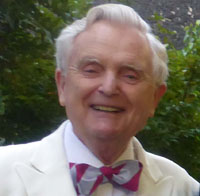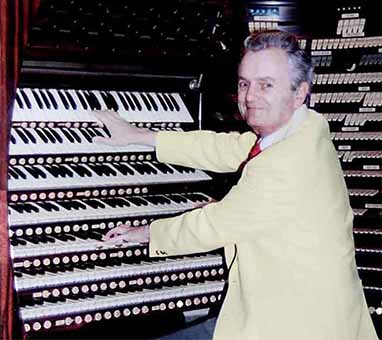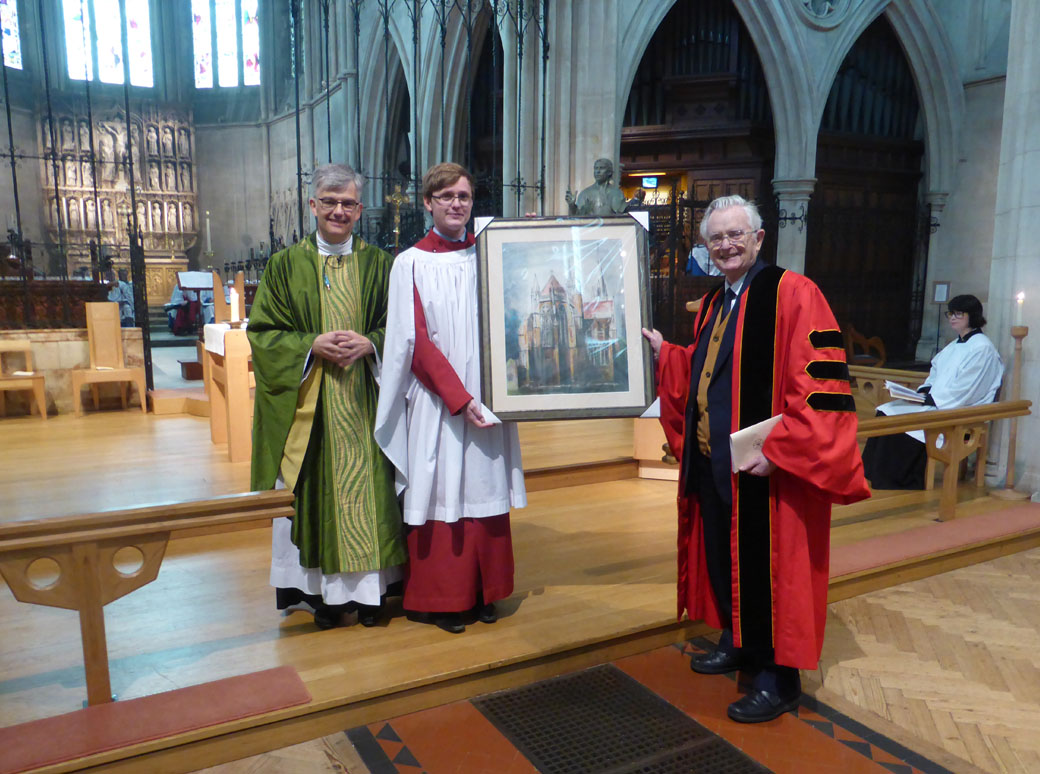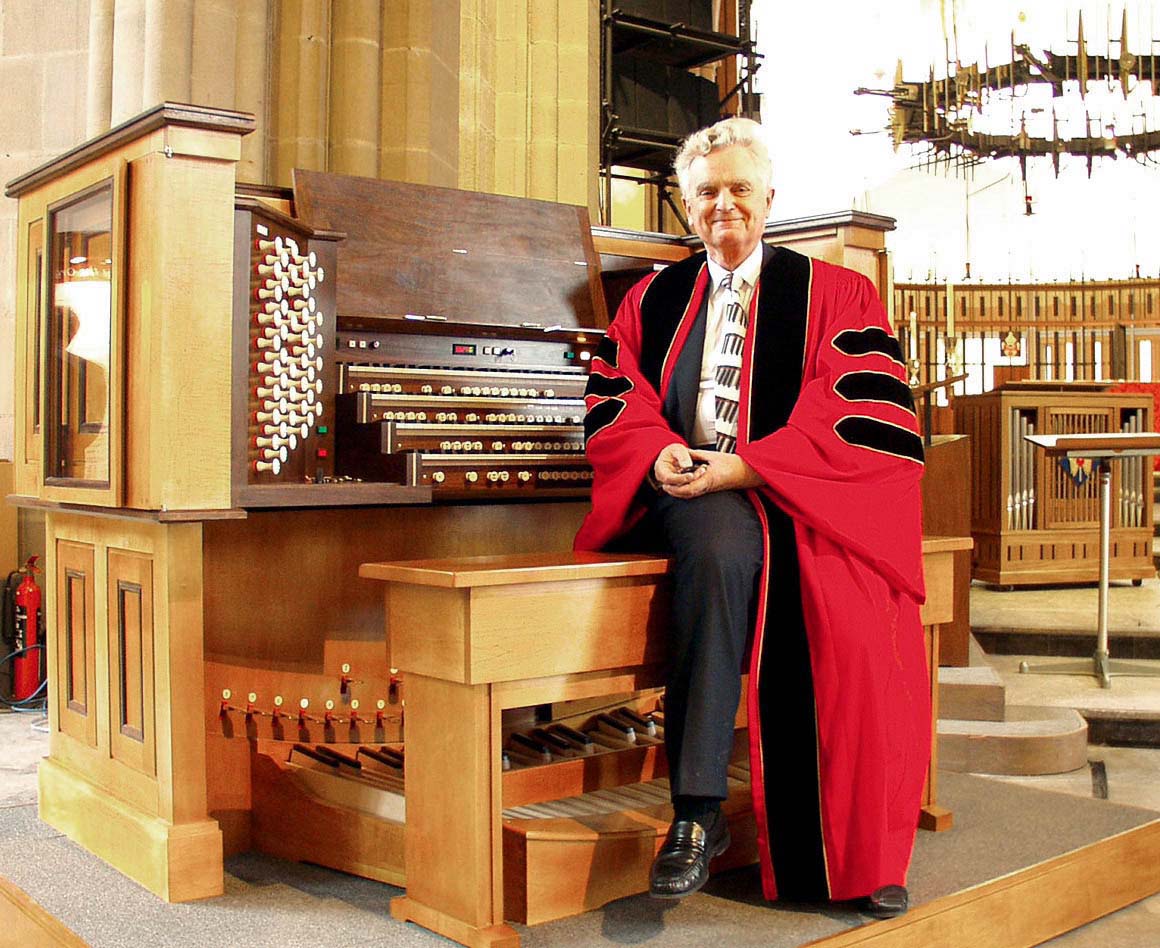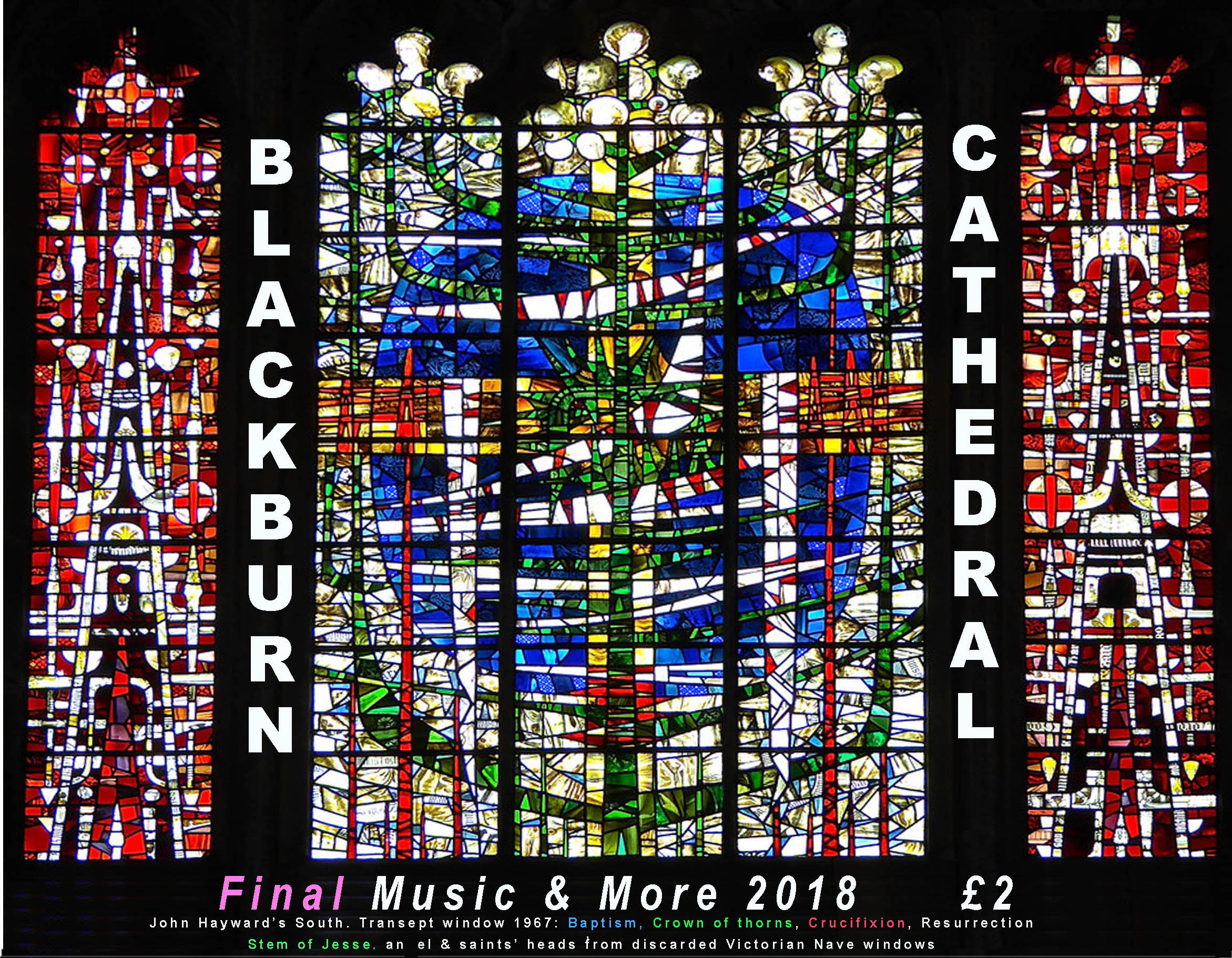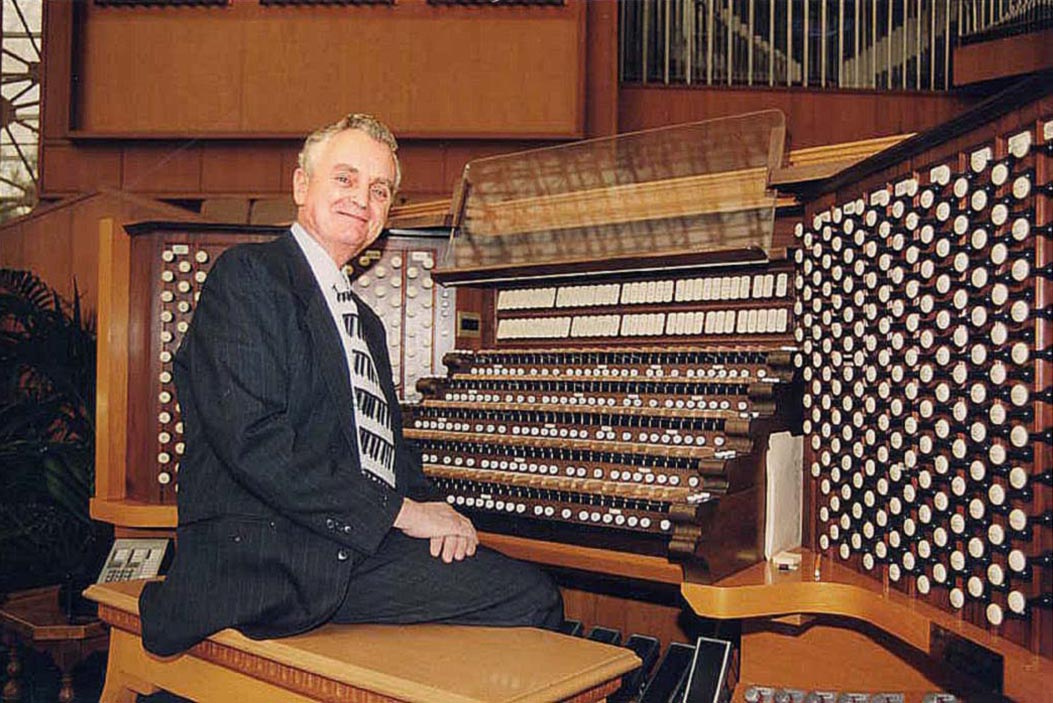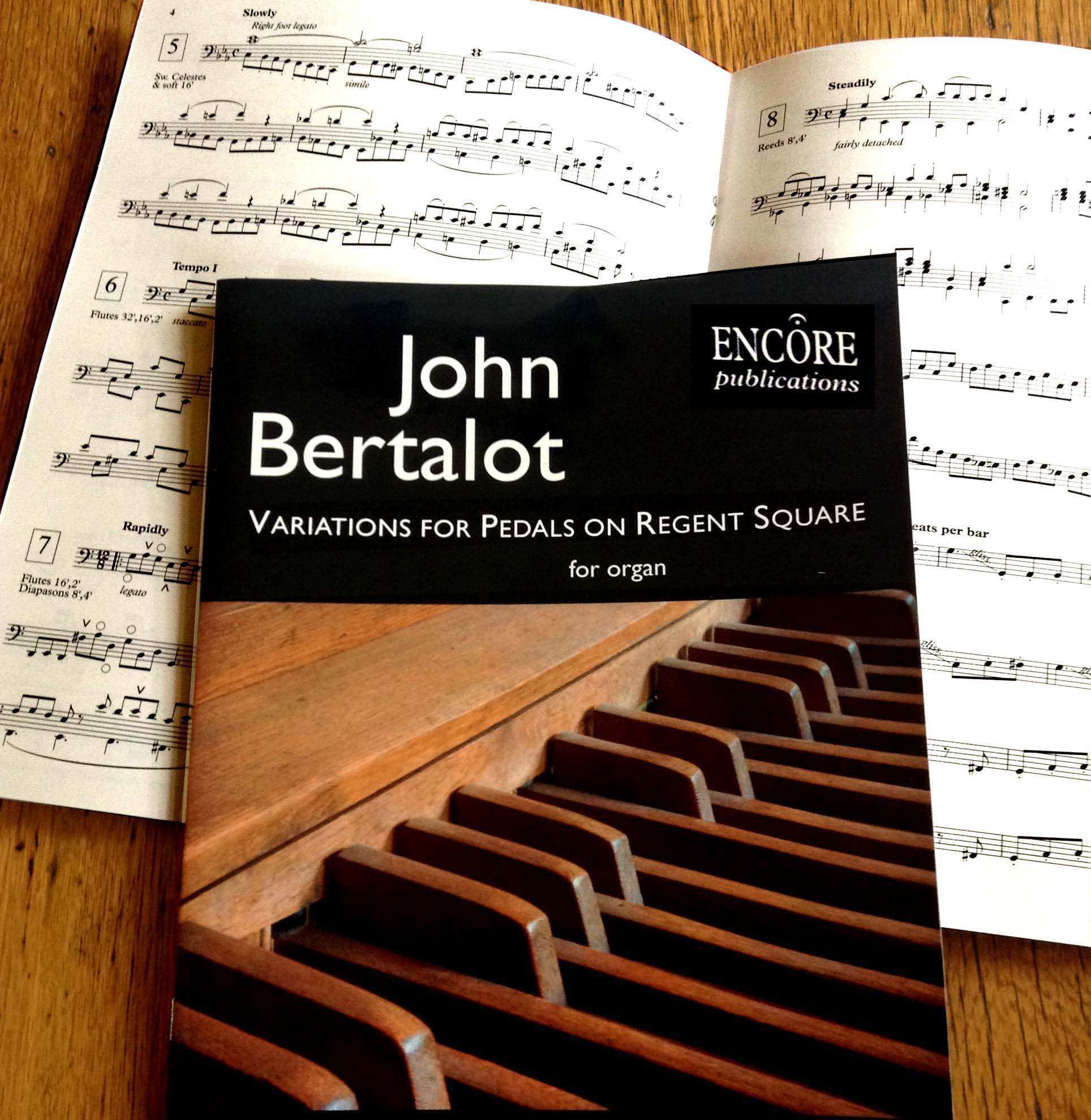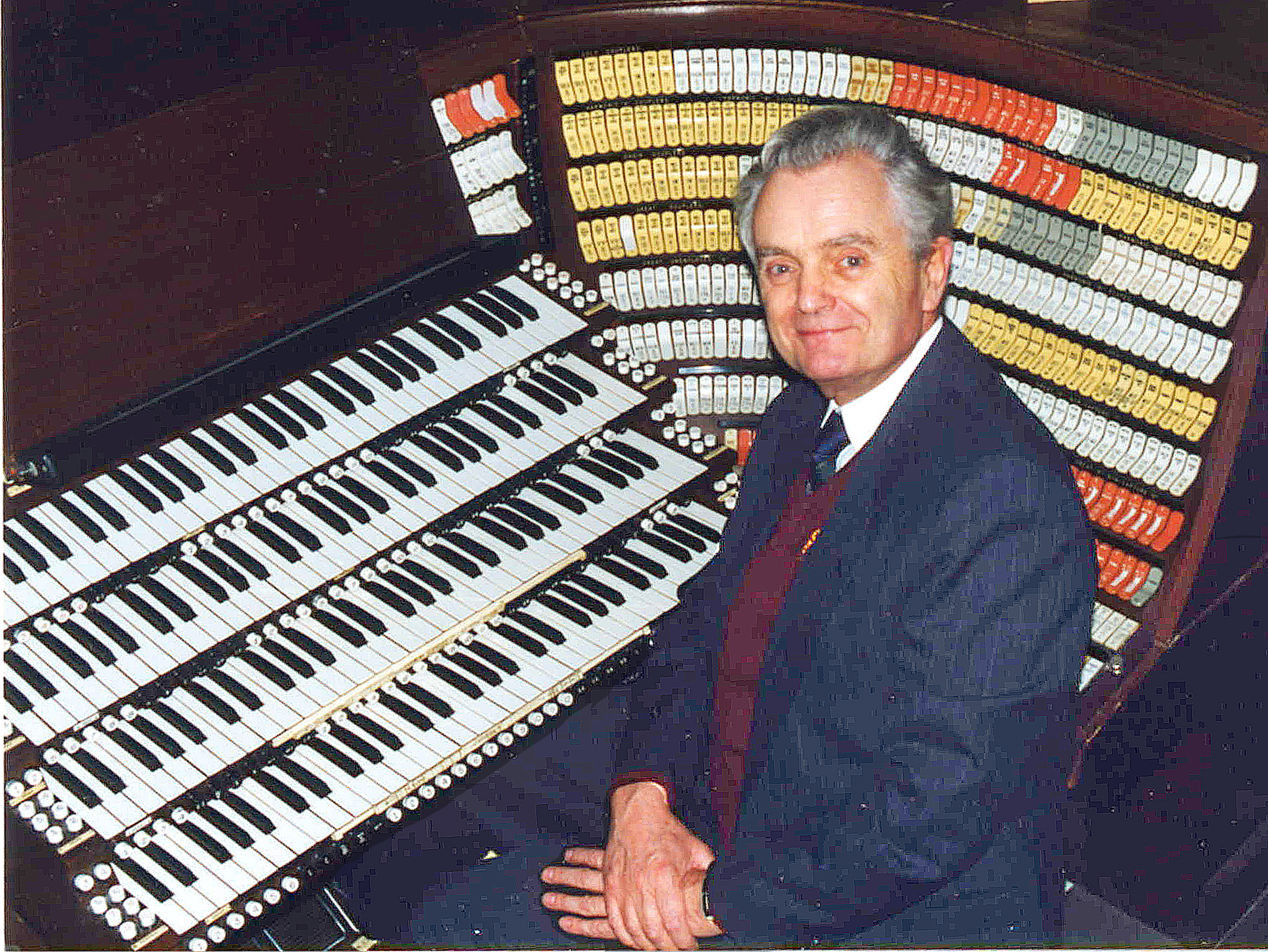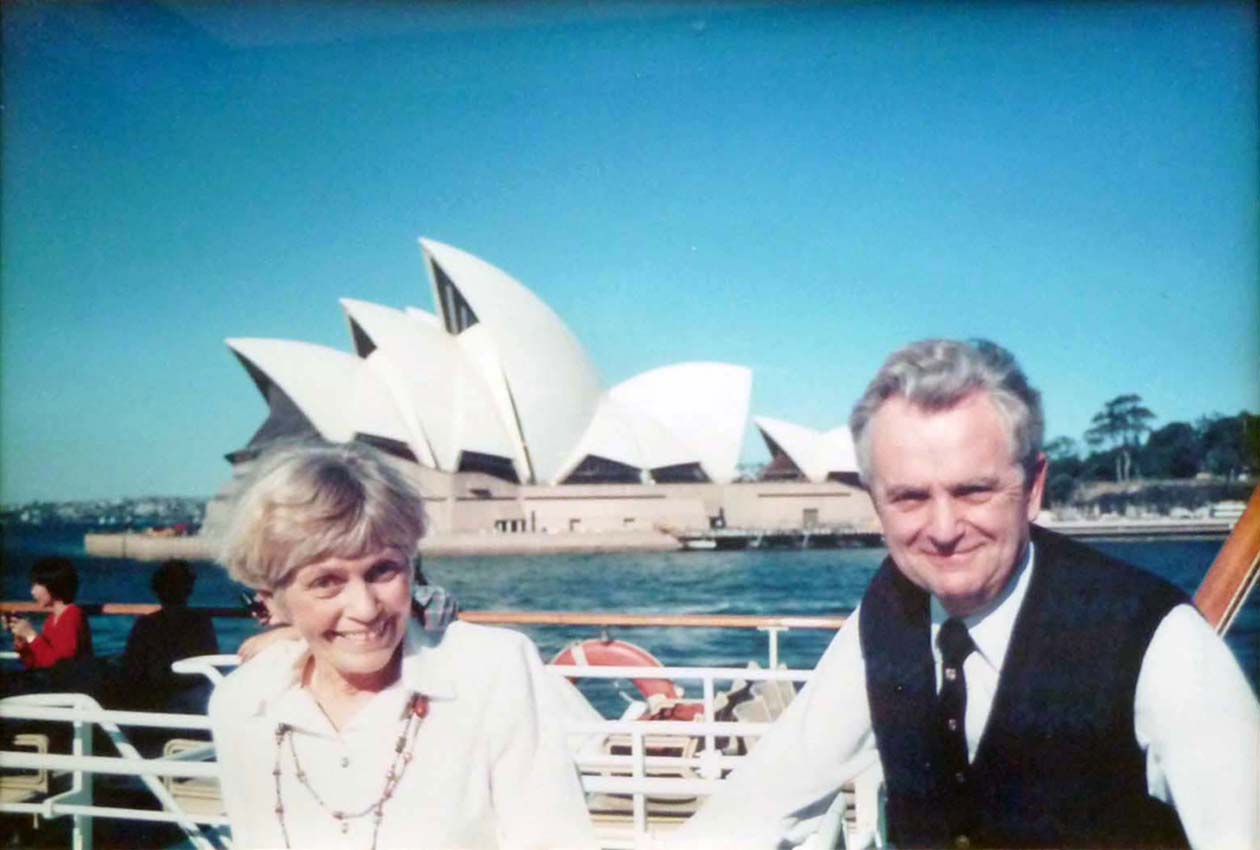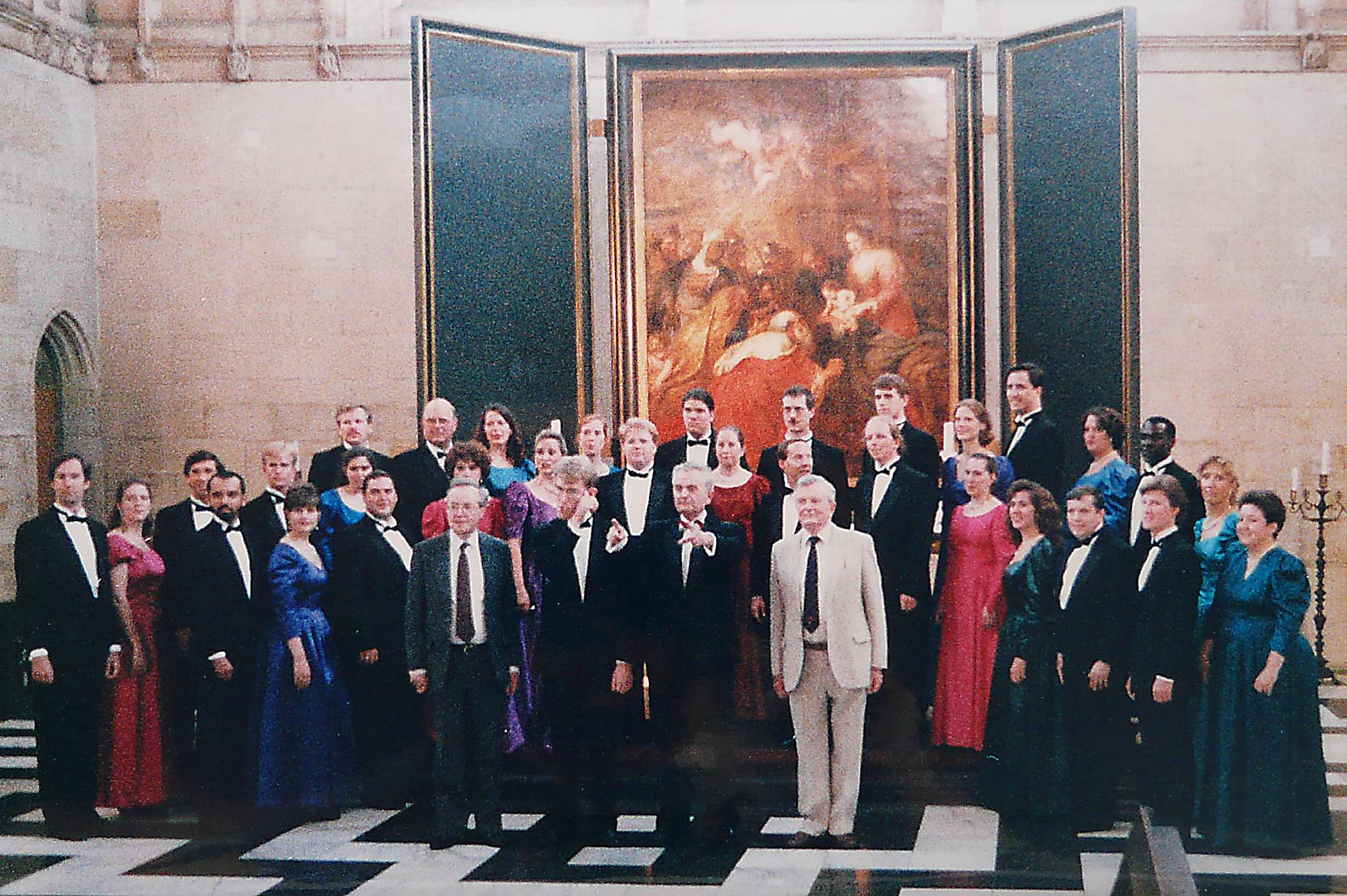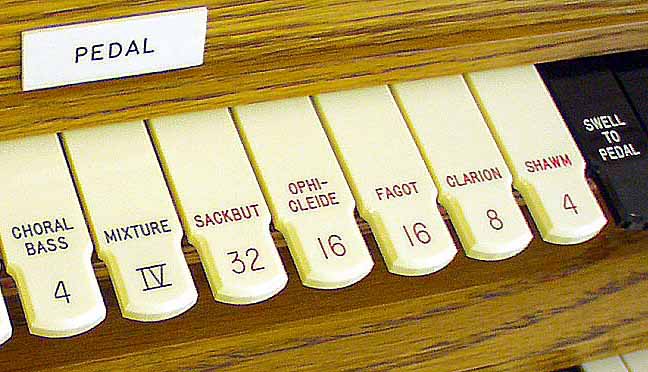How to transform your choir
and fill your stalls
with enthusiastic singers
5. Words
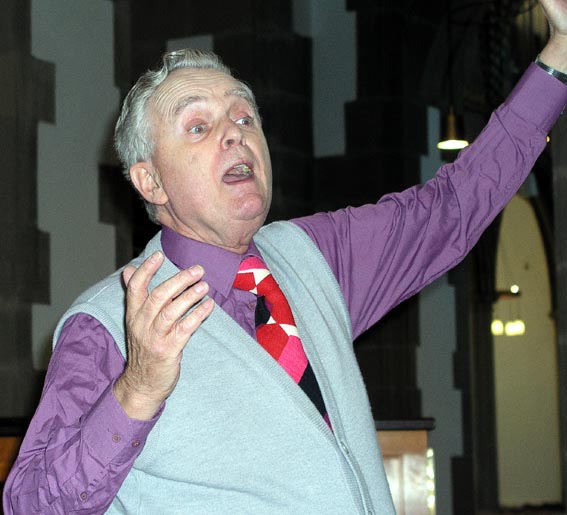
Dr. John Bertalot
Organist Emeritus, St. Matthew's Church, Northampton
Cathedral Organist Emeritus, Blackburn Cathedral, UK
Director of Music Emeritus, Trinity Episcopal Church, Princeton, NJ, USA
When the internationally acclaimed soloist, Barbara Bonney,
led a singers’ workshop in Cardiff,  she was asked how she learnt a song,
she was asked how she learnt a song,
she said, “I study the words first to find out what they mean; once I understand the words, the music takes care of itself.”
UNDERSTAND THE MEANING OF THE WORDS
The same should be true for us choirmasters. Do we study the words of the anthems we teach our choirs?
Do we know what the texts mean? For example, what is ‘Jesu, joy’ all about?
If you can’t answer that question immediately, almost certainly your choir won’t know either, and if they don’t know, how can the congregation be uplifted by the message of the text?
All that they can appreciate from your performance is the beauty of the music. But your choir might just as well be singing it in Greek!
Ms. Bonney made the point that composers are inspired to write music through the message of the text; the words come first, the music follows after.
When Robert Shaw led a week’s workshop for 100 singers in Princeton, NJ, which culminated in a thrilling performance in Princeton University Chapel of Britten’s War Requiem, he spent the whole of the first rehearsal going through the words – not a note of music was sung – and there wasn’t a dry eye at the end of that first rehearsal. His singers were able, therefore, so to interpret the music that they could convey their understanding of the words in an amazing way to their audience.
Look at Stainer’s anthem, God so loved the world. When this is sung, the word that is usually stressed in the first phrase is ‘so’. However, when you say the words (say them out loud now . . .) the word which you stress is ‘loved’. ‘God so loved the world’. This will immediately lead you to ask your choir to crescendo gently through ‘God’ to ‘loved’. (Better still, ask them to say the words themselves and then to tell you where the crescendo should be. This will help them to remember to do it on Sunday.)
God so LOVED the world…
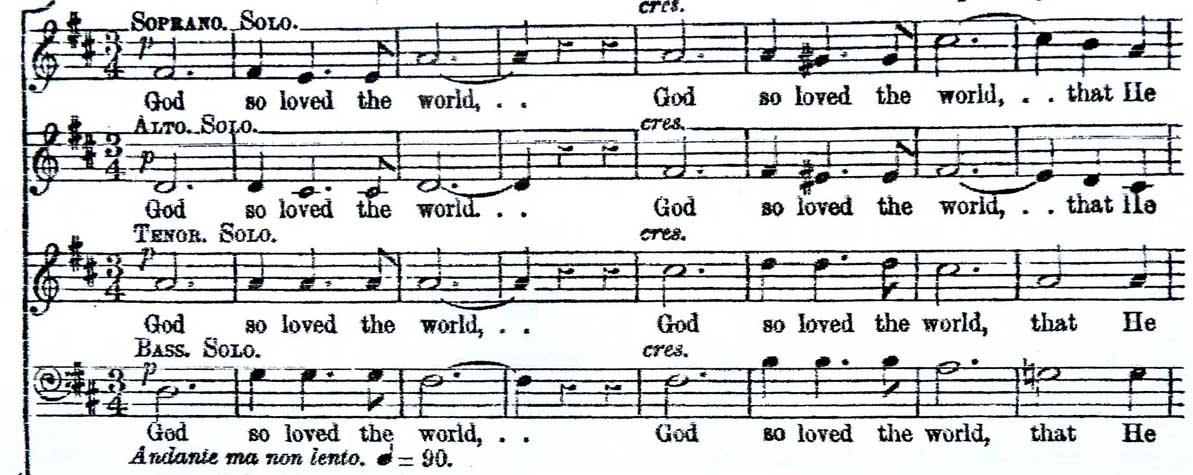
Stainer did not write a crescendo at this point of the music, so it is up to conductors to lead their choirs into feeling the beauty of natural phrasing. Music of this period, and much other music too, should not be sung with ‘straight’ expression. The dynamics in choral music must gently rise and fall like the undulations of a calm sea. Inspired choirmasters can feel the growth and decay of phrases so that the music will move in graceful curves. This is especially true for the choral music of Howells, where long notes should always be sung with crescendos, even final forte chords.
It’s not written down, but do it!
It’s the same for actors. Shakespeare wrote the words, but it is the actors who bring them to life by adding expression. For example, one can say ‘A horse, a horse, my kingdom for a horse,’ in many ways.
One can make nonsense of them: ‘A horse? A horse?? My kingdom for a HORSE??? ’
No! Richard needed a horse right now, and so the actor will declaim:
‘A horse! A HORSE!! My KING-dom for a horse!’ 
The difference is very obvious when there's a picture to tell the story
and it's pretty obvious when it's written out in colour and with exclamation marks.
BUT Shakespeare wrote these words without these colour aids.
It's the same with church music - the words are printed without colour -
and so the choir has to supply the colour so that the words really mean what they say!
This takes imagination on the part of the choirmaster, and perseverance,
and imaginative co-operation from the choir. Try it!
Shakespeare put none of this expression into his text, for he knew that he could rely on his actors to do that for him. It’s the same with composers; they believe that choirmasters will so understand the text that the music will rise and fall naturally to convey the message in a compelling way.
It seems that very few choirmasters are concerned with this. Most of us are satisfied if we can get our choirs to sing the right notes in tune, more or less together. But there’s so much more to choir training – and adding natural expression is one of the most significant.
Repeat: REPEAT!
What happens next in the Stainer anthem? The opening words are repeated. When we repeat a word or phrase, we naturally stress the repeated words. For example, ‘Never, NEVER do that again!’ Therefore the second phrase should be sung with slightly more emphasis. ‘God so loved the world, GOD SO LOVED THE WORLD . . .’ (But don’t overdo the stress – always be subtle.)
When you continue reading the words you’ll discover that after the repeated ‘believeth’ the most important word is ‘him’. ‘…whoso believeth, BELIEVETH in HIM . . .’ Many choirs seem to run out of breath here, and so ‘him’ becomes an anticlimax. Some instruction in deep breathing may be called for at this point to enable your choir to sing this phrase effectively
The climax of this part of the text is, of course, ‘. . . but have everlasting LIFE.’ Here again, your choir may run out of breath, so you may need to show them how they can sustain ‘LIFE’ for three full beats – not just two, as many choir do.
SOFT singing doesn’t mean BORING singing!
The crucial place in this anthem, which is usually sung without conveying the meaning of the text, comes at the bottom of the second page, ‘ . . . but that the world through him might be sav-ed.’ Stainer sets this phrase to be sung quietly, but many choirs sing it as though it were mournful news – ‘but that the world through him might be saved – oh dear!’
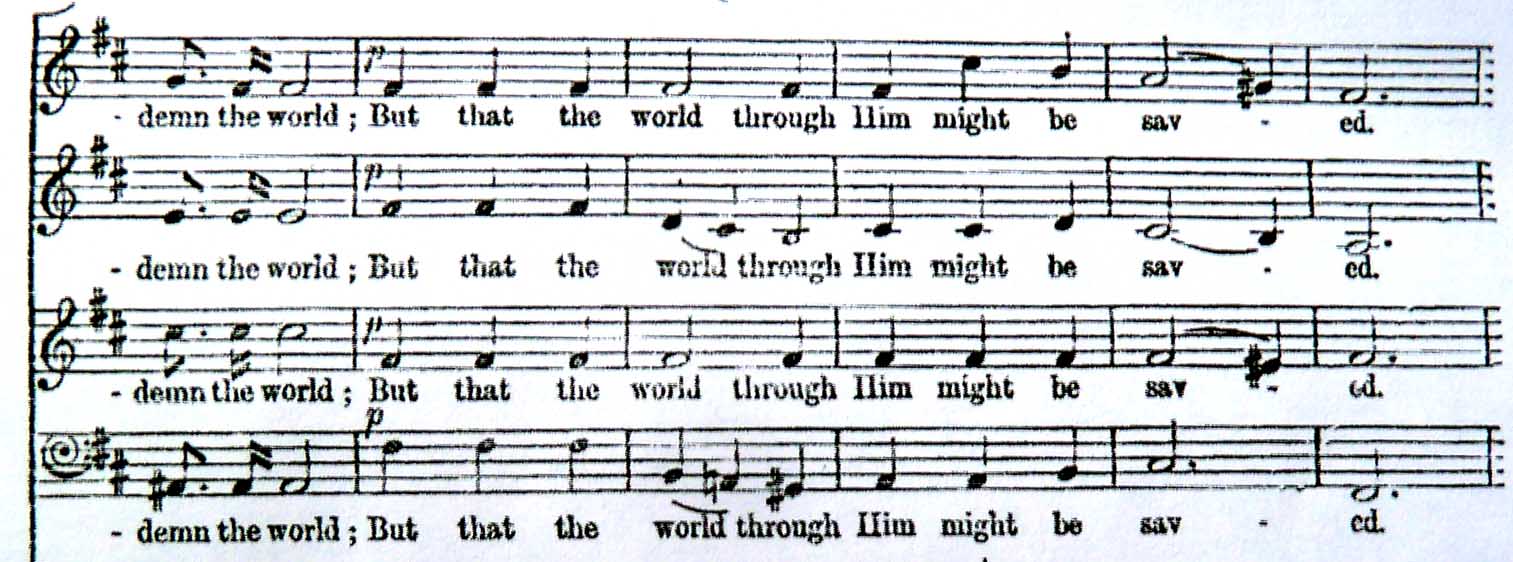
Jesus died that we might be saved. That’s good news! So let the choir feel the thrill and awe of this phrase when they sing it softly. Let them practise saying those words in a hushed whisper, so that they can experience their full meaning, and then ask them to sing them with the same intensity, for these verses sum up the whole of the Gospel.
And then, how effective it is to start page 3 with ‘God so loved the world’ sung really softly. That can be a magical moment.
This principle applies to whatever anthems or songs your choir might be singing. Let them study the words first and then they’ll be inspired to sing the music much more effectively.
Try it.
© John Bertalot, Blackburn 2013
John Bertalot's four best-selling books on choirtraining can be found on Amazon and online

The first two are published by Augsburg-Fortress in the USA
the second two are published by Kevin Mayhew, Buxhall IP14 3BW, and all are available online.
